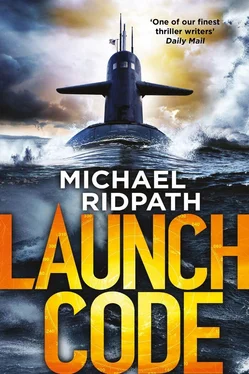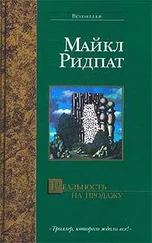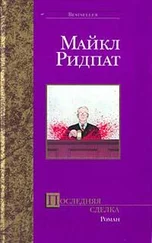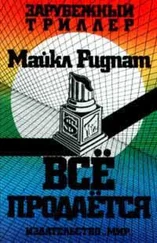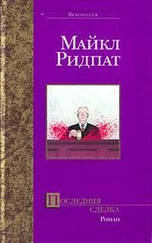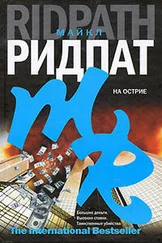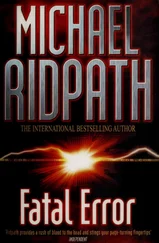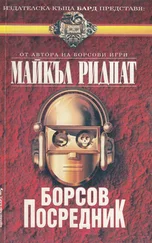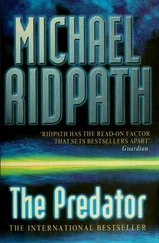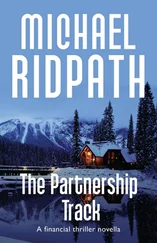Nothing about how he had died. And nothing about how he had separated from his wife.
Megan didn’t know whether Craig’s parents were still alive: it was possible. But his sister was, as was his ex-wife, Justin’s mother; Justin had spoken to them both about Craig’s death.
Megan had never met Vicky, nor had she heard any mention of her within her family, although she had heard quite a lot about Craig himself. Given what Justin had said about Vicky’s suspicions of Craig’s death, and her own father’s reluctance to face her, it was quite probable that Bill and Vicky had avoided each other over the years.
Should Megan try to contact Vicky?
Maybe. From what Justin had reported, she sounded as if she was still angry about her brother’s death. It was possible that Justin hadn’t asked her the right questions, or hadn’t been entirely honest about what she had told him.
Megan hesitated. Justin would not be at all happy if she contacted her, and neither would her father. But then Justin wasn’t happy anyway, and pissing off her father was nothing new. She considered a phone call, but decided on an email. A little searching on the Internet yielded Vicky’s email address, and she quickly tapped out a brief message:
Hi Vicky,
My name is Megan Guth: I am Bill Guth’s daughter. I am with my father and the rest of my family in England. You may have heard that Sam Bowen, whom I understand you have met, was murdered a couple of days ago, and that Lars da Silva was shot earlier today.
I’m sure the British police have been in contact, but do you mind if I ask you a few questions? This is tearing my family apart, and I need some answers.
Regards,
Megan Guth
Megan hesitated before hitting Send. It was likely Vicky would ignore the message. And if she didn’t, she would ask Megan what really happened on the submarine, and Megan wouldn’t be able to tell her.
What the hell? Megan had to do something. She clicked Send .
If Craig Naylor’s death was indeed what had spurred Sam Bowen’s murder, the most likely reason seemed to be that someone was trying to prevent that news from coming out. Who? Her father? Alice protecting her father? The US Navy or the US intelligence services?
And what about Lars’s death? Well, that could be an attempt to shut him up as well. Or it could be Justin taking revenge on who he believed had killed his natural father. But was there any reason that Justin might have killed Sam Bowen?
None that Megan could think of.
Unless maybe Justin was concerned that the world would find out that his father wasn’t a hero after all, but had actually wanted to start a nuclear war? That couldn’t be right: it was clear Justin had no idea what had happened on that submarine; that was what was driving him so crazy.
She heard a car pull up outside and Alice enter the house, but Megan ignored her sister.
OK, Commander Driscoll next, and then Pat Greenwald.
Once again, the only substantive mention of Commander Driscoll was a brief obituary in a Wichita Falls newspaper from July 1984. Nothing about the cause of death, just that it had been ‘sudden’. Blowing your brains out counted as ‘sudden’. Megan jotted down the names of his brother and parents, and his ex-wife and their two children.
She was more hopeful in her search for Pat Greenwald, and indeed there was quite a lot about her involvement in the anti-nuclear movement in the 1980s and 1990s. There was even a short Wikipedia entry for her. Which stated that she was murdered in 1996.
What!
Megan’s fingers flew over the keys as she did some more Googling. Greenwald had been killed only yards from her home in Brooklyn Heights in a mugging gone wrong. The perpetrators had never been caught, but there had been a number of murders in the area related to the crack cocaine epidemic.
She was survived by a husband, an academic at Columbia University named Ron Greenwald, and a son, Henry.
1996? That was when her father had said that the FBI had visited him and her mother in England to ask about Pat Greenwald. Could that be a coincidence? It could be. But then again, it might not be.
Naturally, there was no indication that Pat Greenwald had been suspected of being a Russian spy. Megan started Googling her husband, who was a professor of Earth and Environmental Sciences. He had written a number of books and articles about environmental issues, including nuclear energy. But there was virtually nothing about him joining his wife in the anti-nuclear movement in the eighties and nineties.
He, too, had died. Of cancer in 2012, the same year as Megan’s mother. Now, that must be a coincidence.
There was one son, Henry. Megan Googled him. Nothing. Checked him out on Facebook and narrowed the few Henry Greenwalds down to one guy who was thirty-nine, a geriatrician living in Brooklyn, married with two kids. He wasn’t an active user of the service. Not expecting much, Megan clicked on Henry’s Facebook friends. There were not many of them. On the second page she saw a name she recognized.
Sam Bowen.
It was the Sam Bowen. Writer and historian at Newcastle University.
So Sam had stumbled upon Pat Greenwald after all. She was certainly someone many people would want to keep out of his book.
Megan considered a message on Facebook, or sending Henry an email directly.
But then she had a better idea.
January 1984, New York City
Donna and I spent the entire weekend in her apartment, with the exception of two quick forays by me into the snow to pick up Chinese takeout on Saturday night and bagels and the New York Times on Sunday morning.
I had to return to the base on Sunday evening, so I called to find out the schedule for the last train back to New London. When the time came, we put on our clothes, and Donna accompanied me on a walk through the snowy city to Penn Station.
It was dark, but the newly fallen snow glimmered in the street lights. Silhouettes drifted past us. As we skirted Washington Square, four separate men offered to sell us drugs.
After almost thirty-six hours of almost constant talking, we fell silent, happy to be in each other’s company, walking hand in hand.
Things were changing, and I was excited.
Then I started to think.
We were on Broadway, not far from Penn Station. The area was getting distinctly sleazier, but somehow the snow made it feel safer.
‘What’s up?’ said Donna.
‘Nothing’s up,’ I said, summoning a smile.
‘Oh, come on. Something’s up? Are you worried about going back to base?’
‘It’s not that,’ I said.
‘Then what is it?’
I didn’t want to tell her.
She squeezed my hand.
I knew what she meant by that gesture. I didn’t have to tell her if I didn’t want to. But she would like it if I did, if I trusted her with my thoughts.
OK.
‘It’s the cover-up,’ I said.
‘What, don’t you think it will hold?’
‘No. I think if the Navy wants to cover something up it will stay covered up. Especially if it’s about nuclear weapons. It’s just I’m not sure they should want to do that.’
‘Now you’re beginning to sound like me.’
‘Is that what you’ve been thinking?’
‘Yes, but I wasn’t going to say it. And if they don’t cover it up what would happen to you? You’d get court martialled, right?’
‘Maybe,’ I said. ‘I don’t know. But if they do cover it up and I tell anybody, then I definitely will be in trouble.’
‘I get that,’ said Donna.
I was grateful for her understanding. The reason I had been reluctant to tell her what I was thinking was that I had been afraid she would urge me to blow the whistle and I would have ended up in an argument with her, when what I really wanted to do was explain how I felt.
Читать дальше
